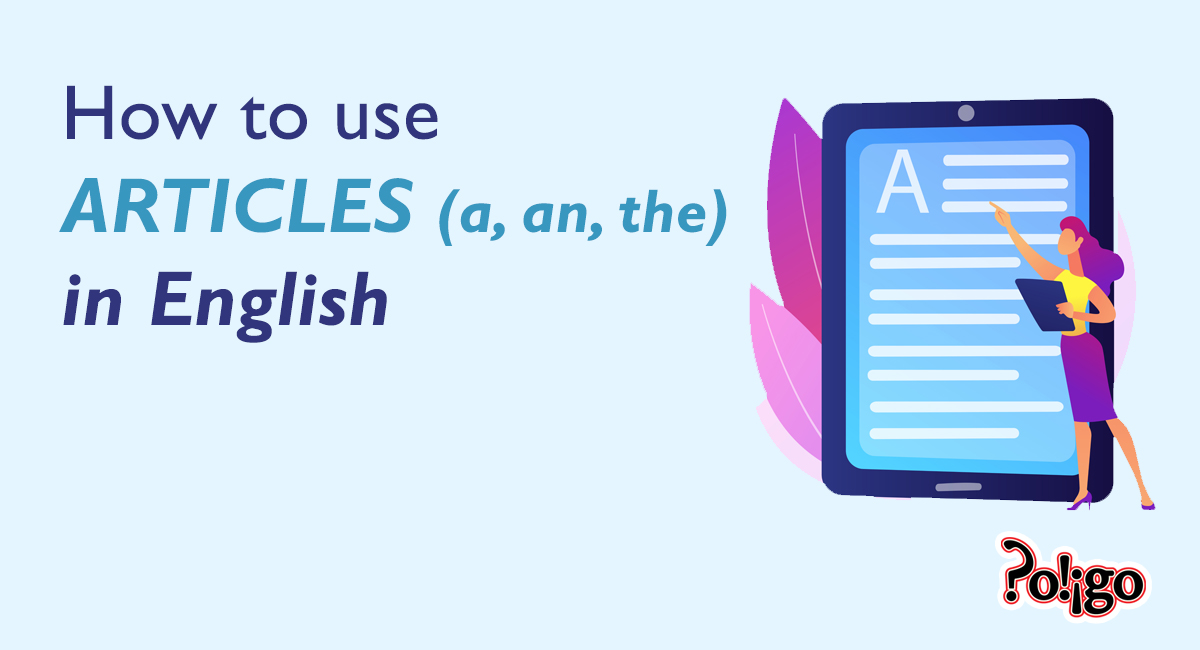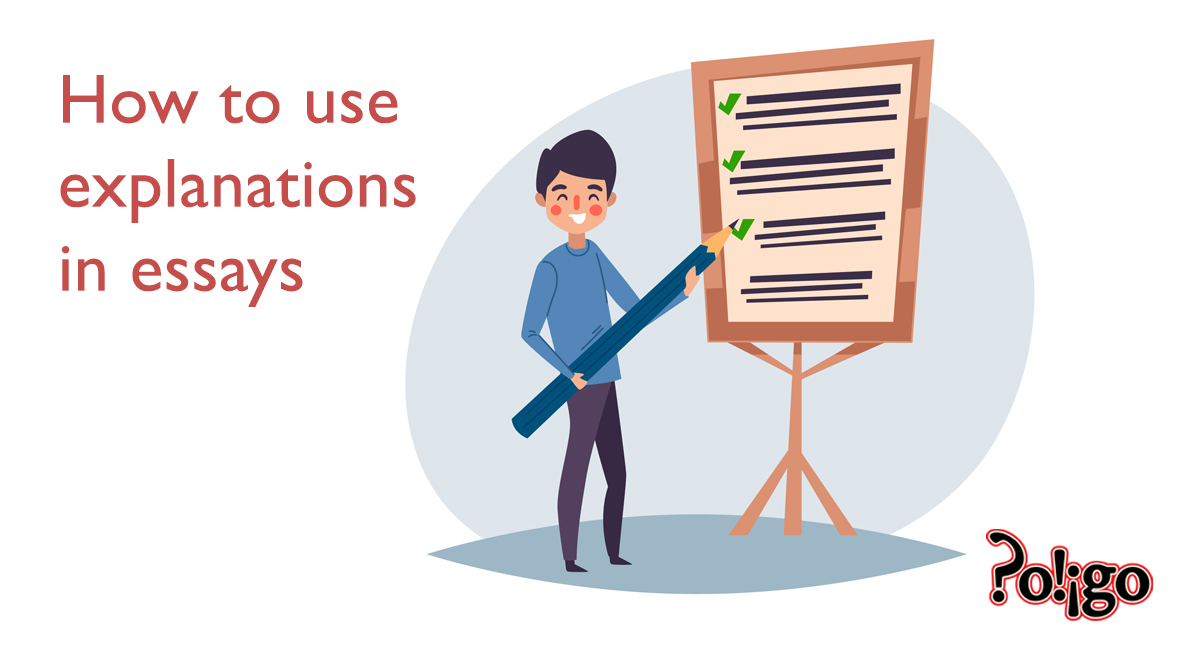
When you write email, you have to make sure your style is appropriate. Too casual, and you will seem unprofessional; too formal, and you might seem unfriendly or cold.
Three styles
There are three styles you can choose from when writing email: formal; neutral; and casual.
| Formal | Neutral | Casual |
| Not common. | Common at work. | Common between friends. |
| Polite, careful language. Fixed expressions. Formal words (usually from Latin). |
Clear and direct language. Short sentences. |
Casual language like speech. Uses slang. |
| Complaints, requests, proposals etc. Messages to strangers. |
Messages between colleagues and clients. | Messages between friends & family. For very close colleagues. |
| Correct grammar & spelling very important. Mistakes can be a big problem. |
Some informal grammar is OK. Can use contractions like "don't" or "I'm". Spelling & grammar should still be correct. |
Some spelling & grammar mistakes are OK. |
In your day-to-day life, you will find that most of the time you write neutral or casual emails. Formal emails are much rarer.
With casual emails, you can make a few mistakes. However, in a business setting, your grammar, spelling and punctuation should always be correct. Mistakes in grammar and spelling are unprofessional. You can use a neutral style in business. It can help you develop a closer relationship with clients and colleagues. Your language can be more personal, and you don't have to worry too much about formal expressions. Everyone is busy, so people appreciate a short and clear message.
Useful phrases
Here is a table of casual and formal email phrases for you to use. When you are using a neutral tone, it is a good idea to use a few formal phrases too, so that you are polite and friendly.
| Casual | Formal |
| What do you need? | Please let us know your requirements. |
| Thanks for your email on the 17th. | Thank you for your email of the 17th. |
| Sorry, I can't make it. | I am afraid that I will not be able to attend. |
| I'm sorry to tell you that... | It is with regret that we advise you that... |
| I promise... | I can assure you that... |
| Could you...? | I was wondering if you would be able to... |
| You haven't... | We note that you have not... |
| Don't forget... | We would like to remind you that... |
| I need to... | It is necessary for me to... |
| Shall I...?: | Would you life me to...? |
| But... | However, ... /Nevertheless, ... |
| Also... | In addition... /Furthermore, ... |
| So... | Therefore, .../Consequently, ... |
| Could you please...? | I would be grateful if you could... |
| Sorry for... | Please accept our sincerest apologies for... |
| Re... | With regard to... /With reference to... |
| See you next week. | I look forward to meeting with you next week. |




